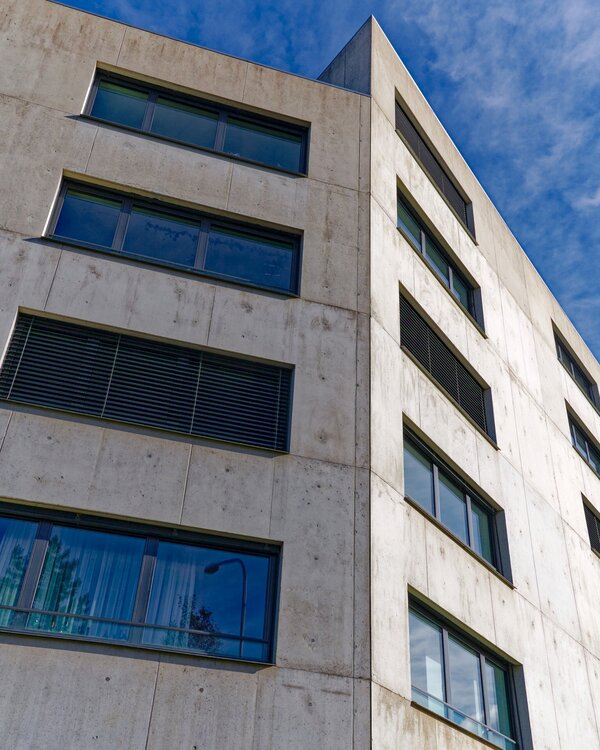Inflation vs. interest – Interim status gives rise to confidence
For the first time in 20 years, inflation exceeded the interest on pension funds in 2022 and caused a real interest loss for the insured. The trend this year is a good sign that this will not be repeated.
Authors: Heini Dändliker, Head of Key Account Management/Corporate Clients Swiss Market; Francesca Pitsch

This year, too, is set for intense wage negotiations in the autumn. As early as June, the Swiss Trade Union Federation demanded a wage increase of five percent, and other employee representatives are also sounding the alarm. The reason: inflation. The call for pay rises to compensate for inflation is once again a loud one.
It is not just wages that are suffering; inflation is also causing painful losses to pension fund assets. For the first time in the past 20 years, inflation in 2022 wiped out the interest on insured persons’ credit balances and even led to an average real interest loss of 0.9 percentage points. According to the Swiss Pension Funds Study 2023, an average interest rate of 1.9 percent was offset by much higher average annual inflation of 2.8 percent.

Pensioners are also feeling the effects of inflation, because pension funds – unlike old age and survivors’ insurance (OASI) – are not required to automatically compensate for inflation. Pensioners therefore have to sustain themselves with less income in real terms. Nevertheless, there was no adjustment to pension benefits. Given the poor investment year of 2022 and the resulting shrinkage of value fluctuation reserves, only very few pension funds had these options available to them.
Stock markets surprisingly positive
The good news is that based on current observations, 2022 is likely to be an outlier. Finally, inflation in Switzerland – already low by international standards – has weakened significantly again in the past six months. After rising to 3.4 percent in the first two months of 2023 due to higher electricity prices and air fares, it has fallen rapidly since then. According to the Federal Statistical Office, it reached 1.6 percent in July.
Just like the falling inflation rates, the trend on the markets is a good sign for the current year. Driven by the technology sector and the euphoria surrounding artificial intelligence, the equity markets in particular appeared surprisingly positive – even against the backdrop of a looming global recession. For pension funds invested in the “Swiss equities” asset class, this resulted in an increase of 8.2 percent up to 30 June, while “Global equities” even gained 10.6 percent. The development of the other asset classes was mixed. According to the Swisscanto Pension Funds Monitor, Swiss pension funds are likely to have generated cumulative returns (excluding costs) of 4.1 percent on average in the first half of 2023. The figures from the Pension Funds Monitor are projections based on market development and the asset allocation of participants in the Pension Funds Study reported at the end of 2022.
The positive signs must not hide the fact that the financial markets continue to fluctuate between fears of inflation and recession. Unexpected developments immediately trigger reactions on financial markets, with positive or negative impacts on the interest on pension assets. However, the higher interest rate level has laid a fundamental cornerstone for future performance improvements.
The Swiss Pension Fund Study
The annual Swiss Pension Funds Study is a reliable source of information for all pension funds. For more than 20 years, it has provided valuable insights into the second pillar, analysing the returns of Swiss pension funds and comprehensively presenting their current condition.
The current study was able to determine surprisingly robust results given the market pressures.


